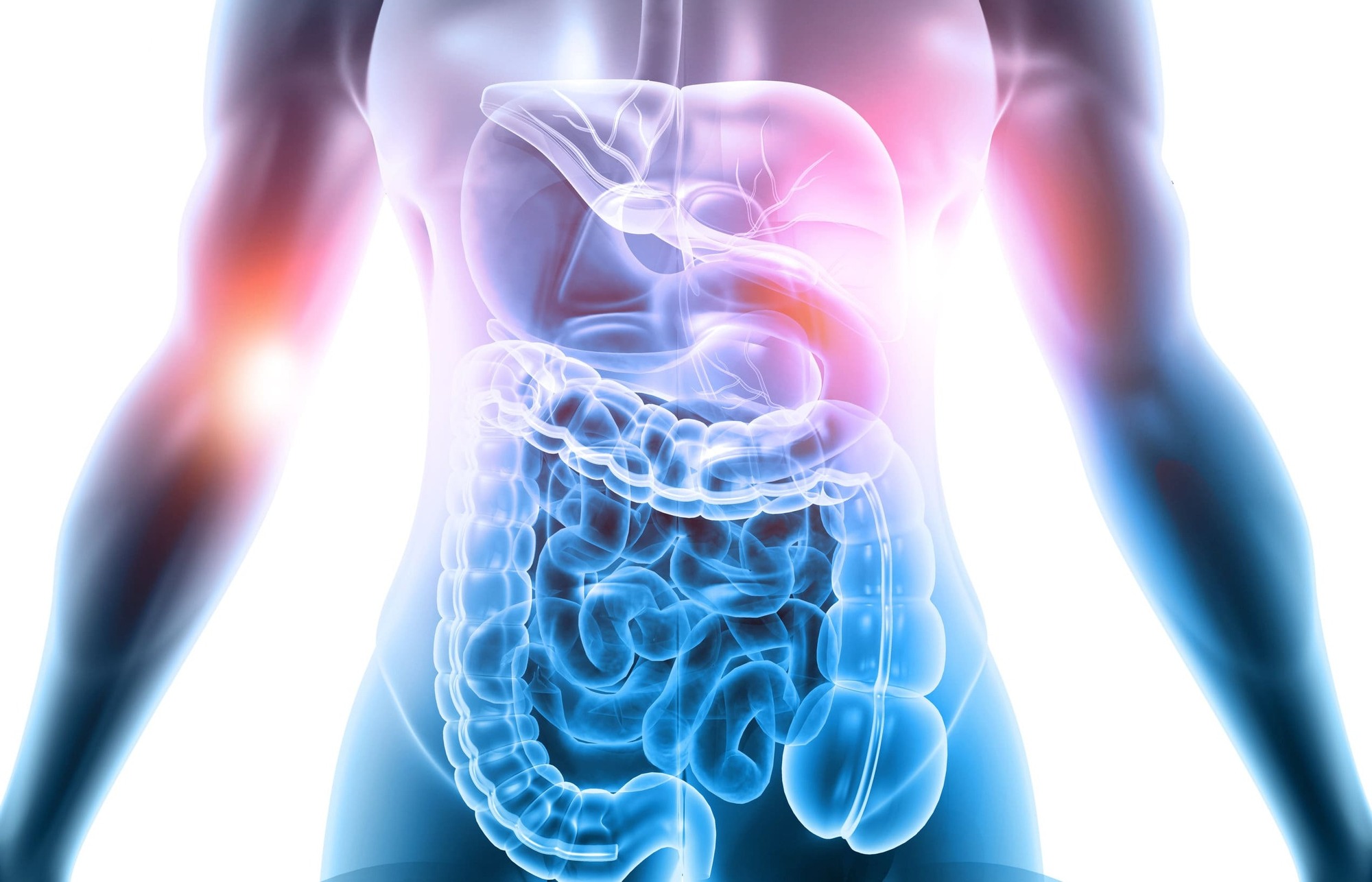
Global disaccharide intolerance affects millions worldwide, causing discomfort and dietary challenges. But what exactly is it? Disaccharides are sugars composed of two linked monosaccharides. Common examples include lactose, sucrose, and maltose. When the body struggles to break down these sugars, symptoms like bloating, gas, and diarrhea can occur. This condition can be genetic or develop over time due to other health issues. Understanding the facts about disaccharide intolerance can help manage symptoms and improve quality of life. From dietary adjustments to medical treatments, there are various ways to cope with this condition. Let's dive into 25 essential facts about global disaccharide intolerance.
Key Takeaways:
- Disaccharide intolerance makes it hard to digest certain sugars, causing tummy troubles. Reading labels, planning meals, and seeking support can help manage symptoms and live well.
- Research is bringing hope for better treatments, like gene therapy and new enzyme supplements. Understanding and awareness are growing, offering a brighter future for those with disaccharide intolerance.
What is Global Disaccharide Intolerance?
Disaccharide intolerance is a condition where the body struggles to digest certain sugars found in foods. This can lead to various digestive issues. Let's dive into some interesting facts about this condition.
-
Disaccharides are sugars made of two monosaccharides. Common examples include lactose, sucrose, and maltose.
-
People with disaccharide intolerance lack specific enzymes needed to break down these sugars.
-
Lactose intolerance is the most common type of disaccharide intolerance. It affects millions worldwide.
-
Symptoms of disaccharide intolerance include bloating, gas, diarrhea, and stomach cramps.
-
This condition can be diagnosed through breath tests, stool tests, or biopsies.
Causes and Types of Disaccharide Intolerance
Understanding the causes and types of disaccharide intolerance can help manage the condition better. Here are some key points:
-
Genetic factors play a significant role in disaccharide intolerance. Some people are born with enzyme deficiencies.
-
Secondary disaccharide intolerance can occur due to illnesses like celiac disease or Crohn's disease.
-
Congenital lactase deficiency is a rare genetic disorder where babies are born without the enzyme lactase.
-
Sucrase-isomaltase deficiency affects the digestion of sucrose and starches. It is less common than lactose intolerance.
-
Maltase-glucoamylase deficiency impacts the digestion of maltose, a sugar found in grains and some vegetables.
Managing Disaccharide Intolerance
Living with disaccharide intolerance requires careful dietary management. Here are some tips and facts:
-
Lactase supplements can help people with lactose intolerance digest dairy products.
-
Reading food labels is crucial. Many processed foods contain hidden sugars.
-
Fermented foods like yogurt may be easier to digest for those with lactose intolerance.
-
Some people with disaccharide intolerance can tolerate small amounts of the offending sugars.
-
Enzyme replacement therapy is available for some types of disaccharide intolerance.
Impact on Daily Life
Disaccharide intolerance can affect daily life in various ways. Here are some insights:
-
Social situations involving food can be challenging for those with disaccharide intolerance.
-
Meal planning becomes essential to avoid symptoms and ensure proper nutrition.
-
Many restaurants now offer lactose-free or low-sugar options to accommodate dietary restrictions.
-
Support groups and online communities can provide valuable advice and emotional support.
-
Awareness and education about disaccharide intolerance are increasing, leading to better management options.
Research and Future Directions
Ongoing research aims to improve the understanding and treatment of disaccharide intolerance. Here are some exciting developments:
-
Scientists are exploring gene therapy as a potential treatment for genetic enzyme deficiencies.
-
New enzyme supplements are being developed to target specific disaccharides more effectively.
-
Research into gut microbiota may offer insights into managing disaccharide intolerance through probiotics.
-
Advances in diagnostic techniques are making it easier to identify and treat disaccharide intolerance.
-
Increased awareness and research funding are driving progress in this field, offering hope for better treatments in the future.
Final Thoughts on Disaccharide Intolerance
Disaccharide intolerance affects many people worldwide. Understanding the symptoms and causes can help manage this condition better. Common symptoms include bloating, gas, and stomach pain after consuming foods with disaccharides like lactose or sucrose. Causes range from genetic factors to illnesses that damage the small intestine.
Managing disaccharide intolerance often involves dietary changes. Avoiding or limiting foods high in lactose or sucrose can make a big difference. Some people find relief using enzyme supplements that help break down disaccharides.
If you suspect you have disaccharide intolerance, consult a healthcare professional. They can provide a proper diagnosis and treatment plan. Living with disaccharide intolerance doesn’t have to be challenging. With the right approach, you can enjoy a healthy, comfortable life.
Frequently Asked Questions
Was this page helpful?
Our commitment to delivering trustworthy and engaging content is at the heart of what we do. Each fact on our site is contributed by real users like you, bringing a wealth of diverse insights and information. To ensure the highest standards of accuracy and reliability, our dedicated editors meticulously review each submission. This process guarantees that the facts we share are not only fascinating but also credible. Trust in our commitment to quality and authenticity as you explore and learn with us.
